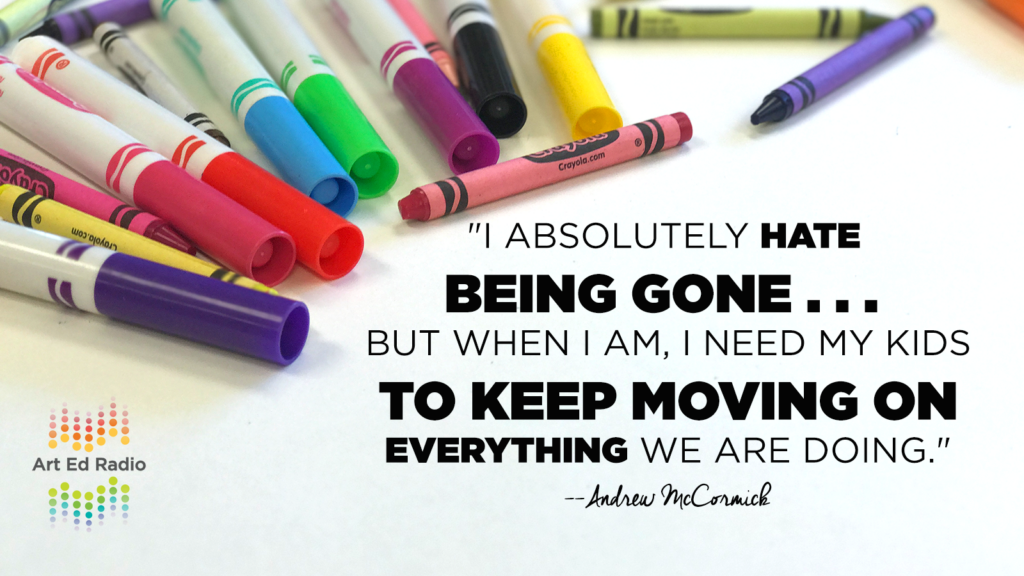Related

Professional Learning
 Podcast
Podcast
The July Mailbag: Preparing for AI, Second Year Success, and Teaching Fine Motor Skills (Ep. 422)

Professionalism
 Podcast
Podcast


